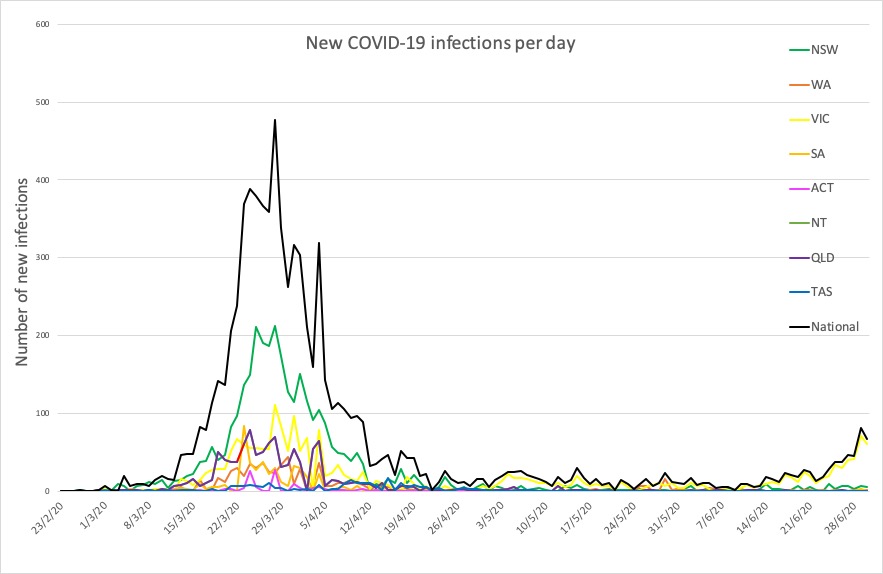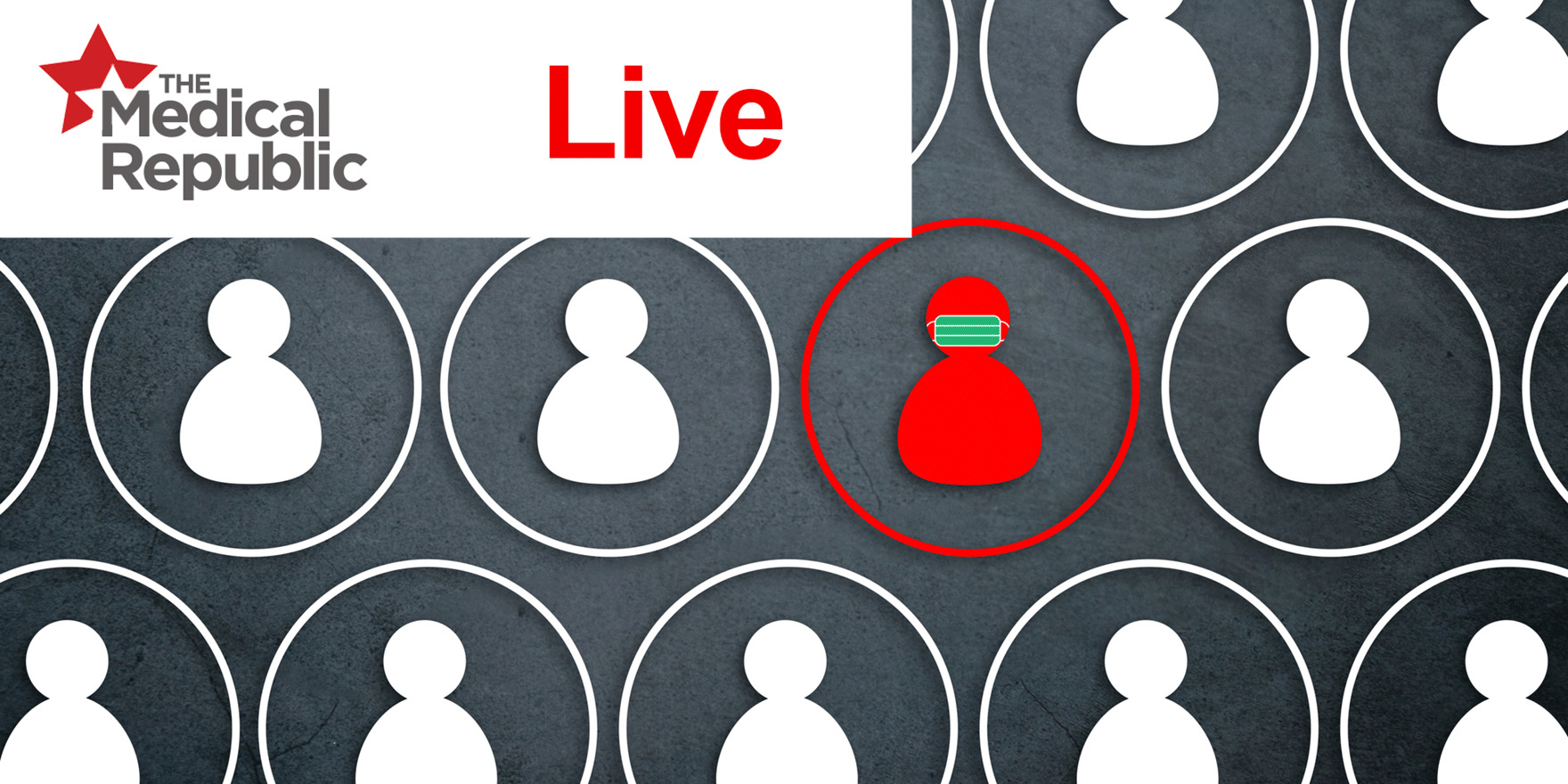The United States has requisitioned almost the entire global supply of remdesivir for the next three months, leaving little for other countries
Welcome to The Medical Republic‘s live COVID-19 blog.
Got any tips, comments or feedback? Email me at bianca@biancanogrady.com
The latest
- Afternoon update: US buys up three-month’s worth of global remdesivir supplies, and PBS extends the Continued Dispensing measures for another three months.
- Morning update: Victoria locks down as NSW opens up, AMA calls for continuation of Medicare-funded telehealth, and MS patients with more severe disease or comorbidities may be more likely to get severe COVID-19.
- If you were worried about the high cost of remdesivir (thanks Gilead), fear not: the United States has apparently requisitioned almost the entire global supply of the passably-effective COVID-19 drug, so there won’t be much left for anyone else anyway.
According to a statement from the US Department of Health and Human Services, the Trump administration has purchased more than half a million doses of the antiviral, which represents all of July’s production and 90% of what will be produced in August and September.
Joke’s on them: the data from the NIH remdesivir trial found treatment was associated with a shortening of the duration of hospital stay – 11 days instead of 15 – but not in ventilated patients, and there was no significant impact on mortality. - The federal government is extending the temporary Continued Dispensing provision that was introduced by the PBS during the pandemic to ensure people could still access PBS subsidised medicines without a valid prescription. The measure will now remain in place until 30 September.
- The AMA is calling for the temporary support of Medicare-funded telehealth to be made permanent after the COVID-19 pandemic, in its submission to the Senate Senate Select Committee on Financial Technology and Regulatory Technology.
Around one in five Medicare-funded consultations with a doctor in Australia are currently happening by phone or video call, the AMA said.
“Patients are clearly making the case for telehealth consultations to become a permanent feature of our health system for both GPs and non-GP specialists,” said AMA President Dr Tony Bartone in a statement. He argued that telehealth delivers economic efficiencies and is a cost-effective option that supplements – not replaces – traditional face-to-face medical visits. - In patients with multiple sclerosis, older age, greater disease severity or obesity are associated with more severe COVID-19, according to a study published in JAMA Neurology.
A multicentre observational cohort study of 348 individuals with multiple sclerosis, and with suspected or confirmed COVID-19, found those who were hospitalised with COVID-19 were more likely to also have higher disability scores, be older or male, or have at least one comorbidity such as obesity, cardiovascular disease or diabetes. - It’s a tale of two states: while all of NSW’s five new COVID-19 cases diagnosed yesterday were in returned travellers in hotel quarantine, none of Victoria’s 64 new cases have come from overseas. And as NSW eases restrictions to allow more patrons into restaurants and cafes – as long as there are no more than one person per four square metres – and stadium crowds of up to 10,000, Victoria has imposed full lockdown measures on hotspot areas in the state in an attempt to control community transmission.
Globally, the COVID-19 infection count has just passed 10 million, and more than 500,000 deaths.
Here are the latest confirmed COVID-19 infection figures around Australia, to 9pm yesterday:
National – 7834, with 104 deaths and 7037 recovered
ACT – 108
NSW – 3189
NT – 29
QLD – 1067
SA – 443
TAS – 228
VIC – 2159
WA – 611




